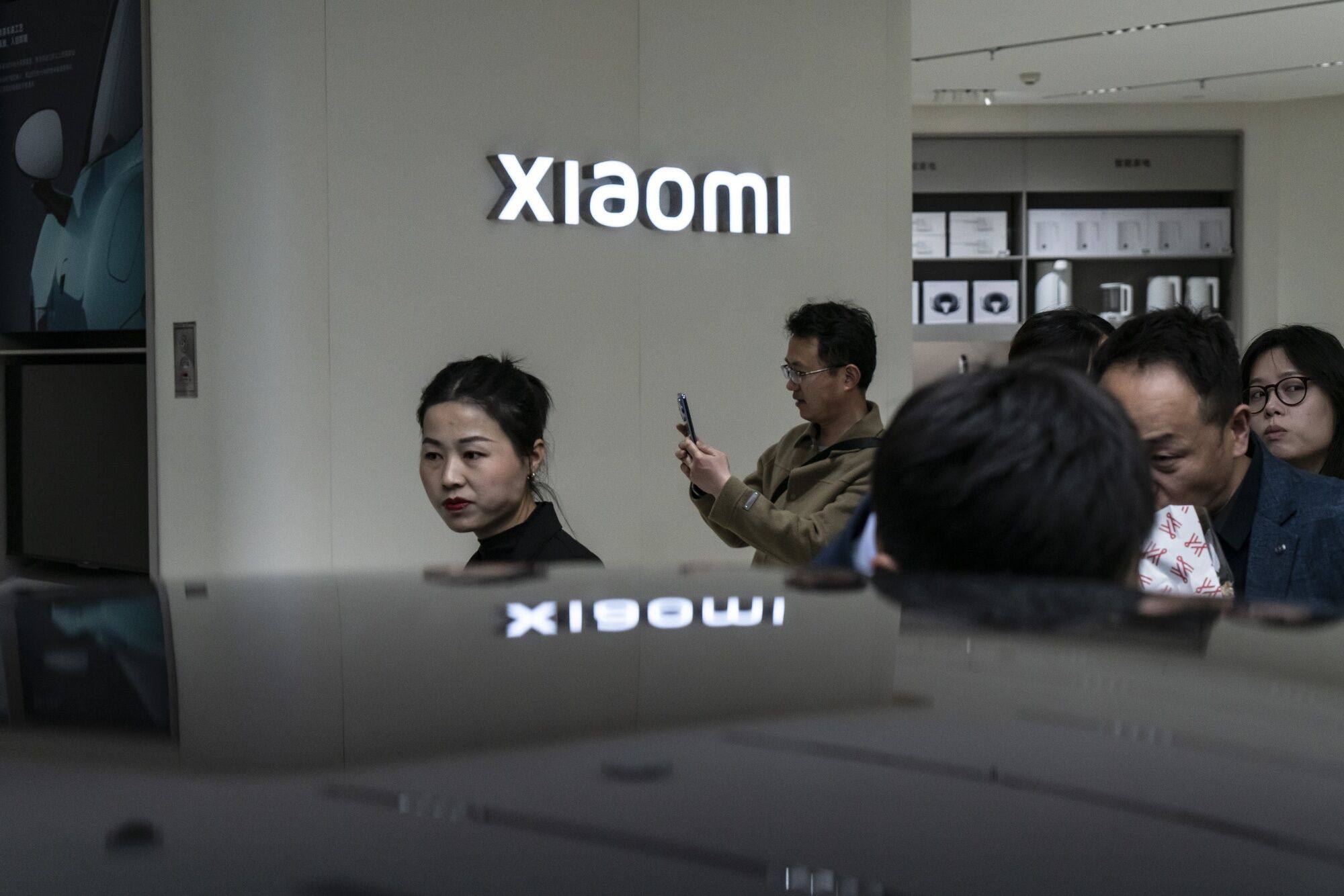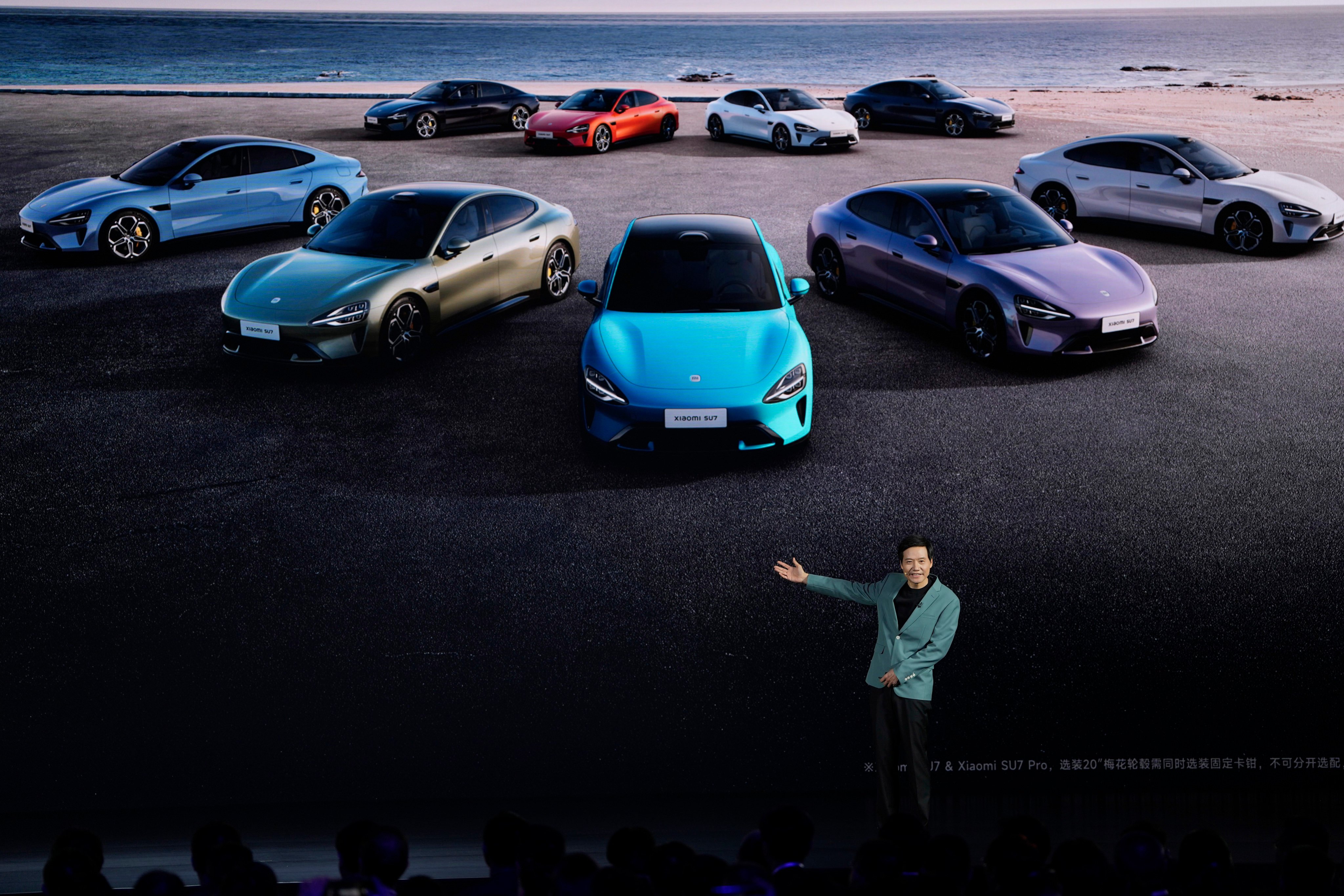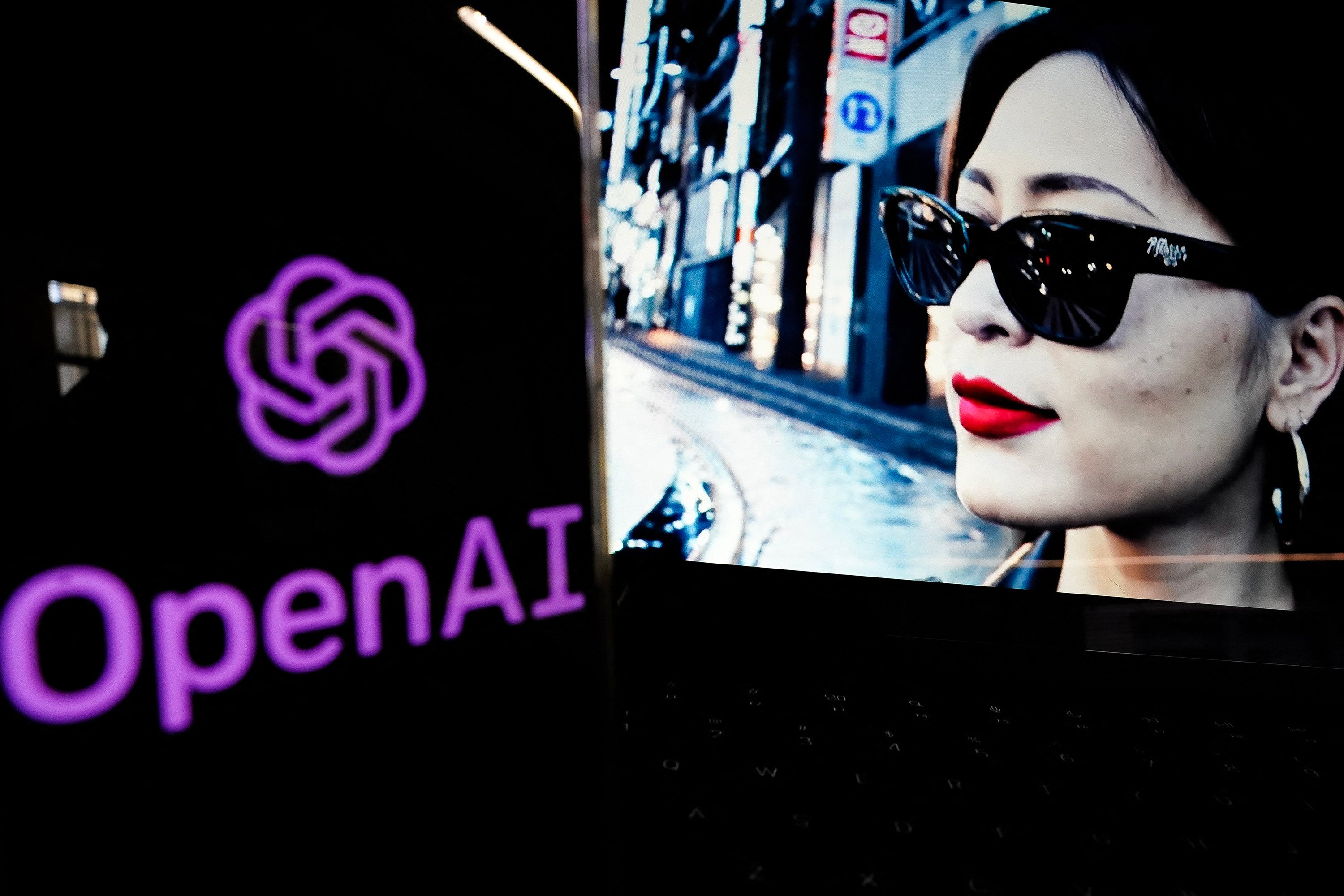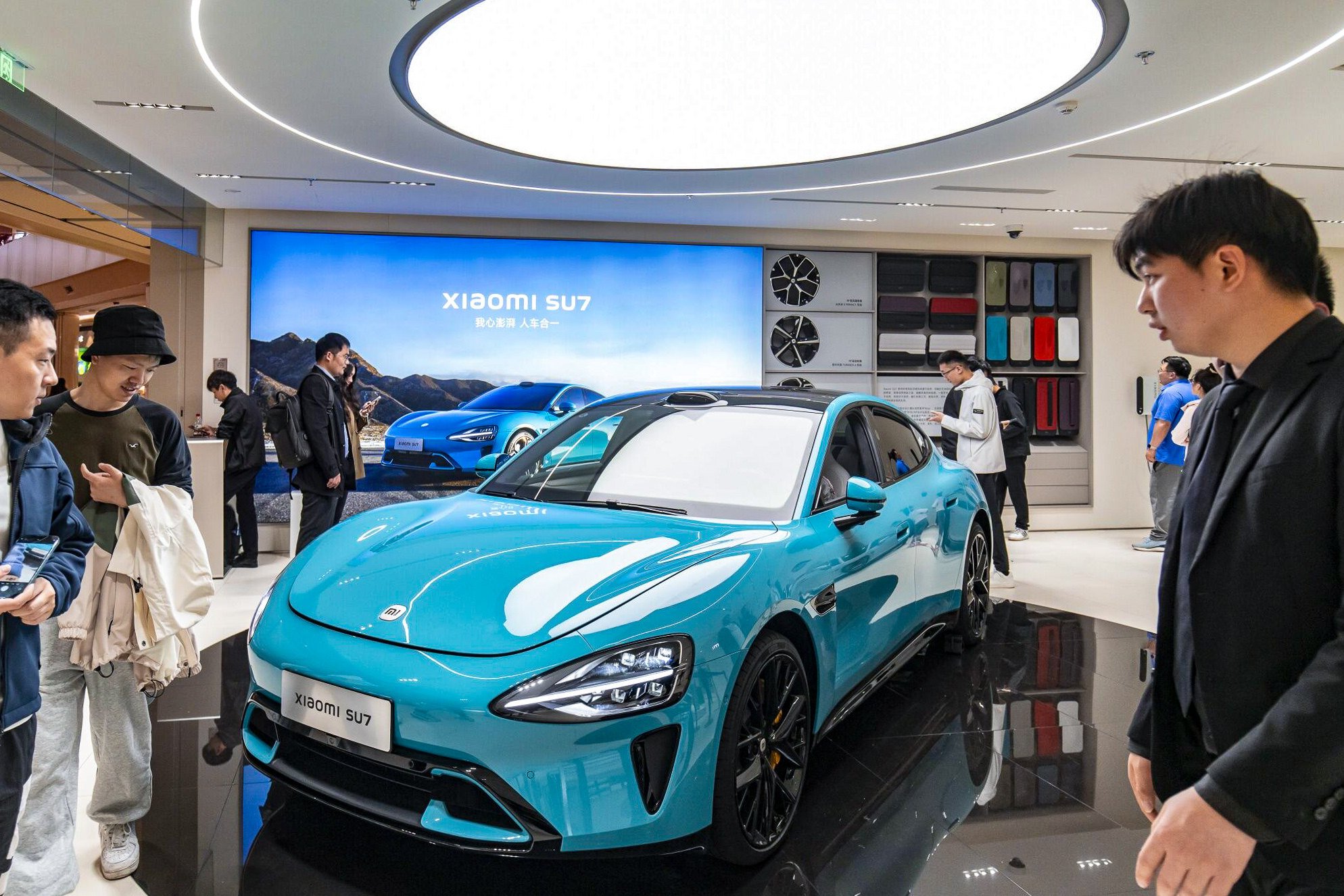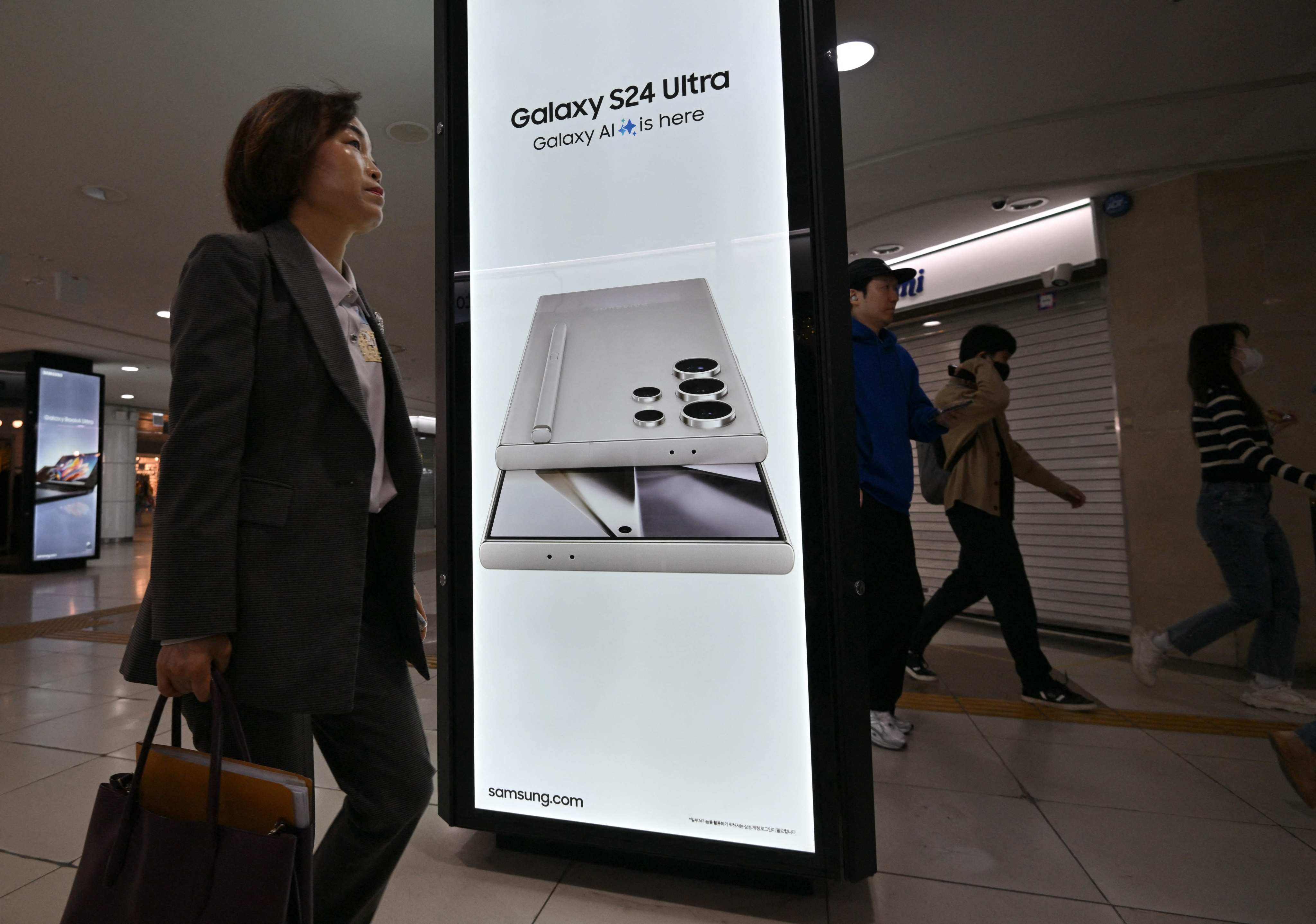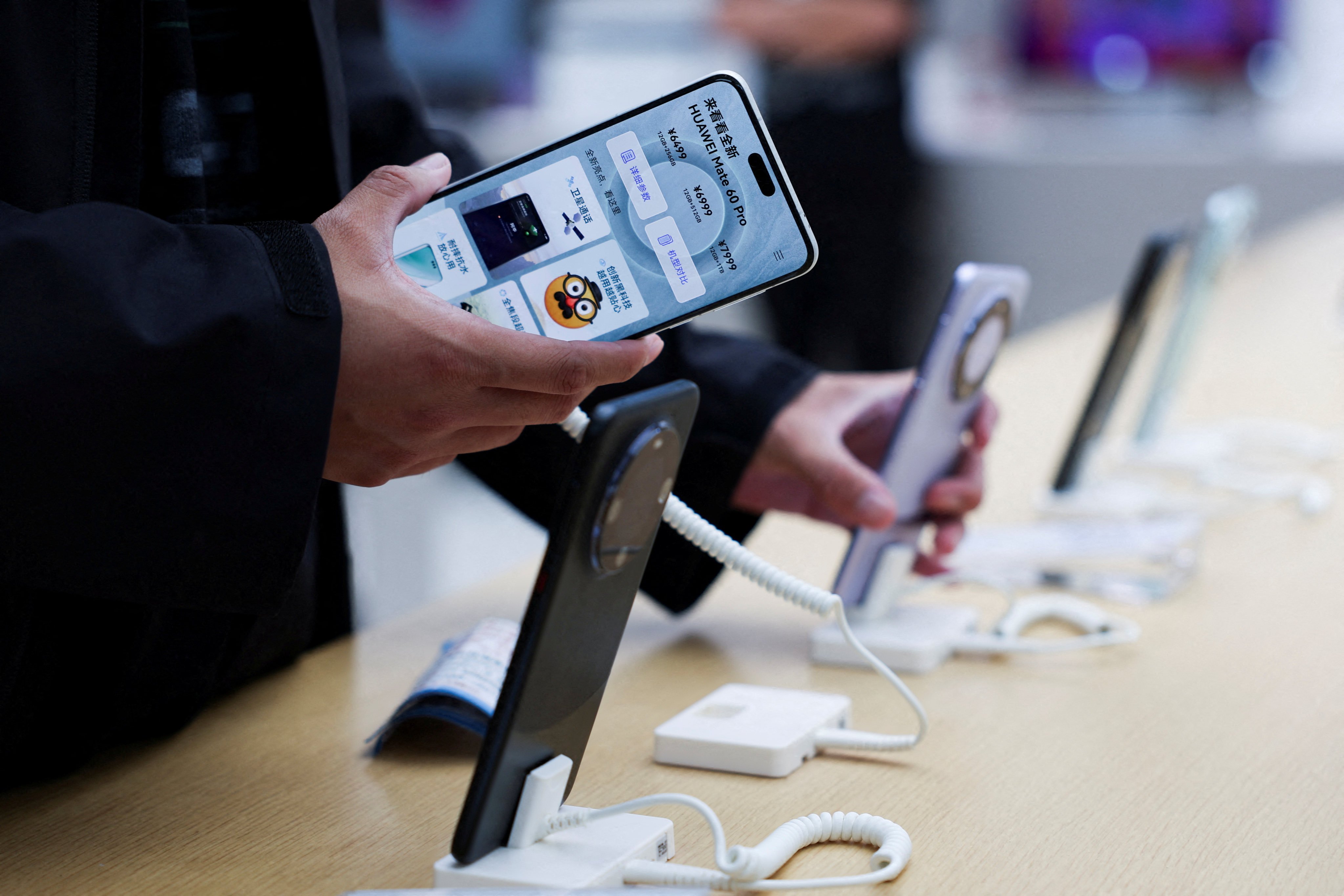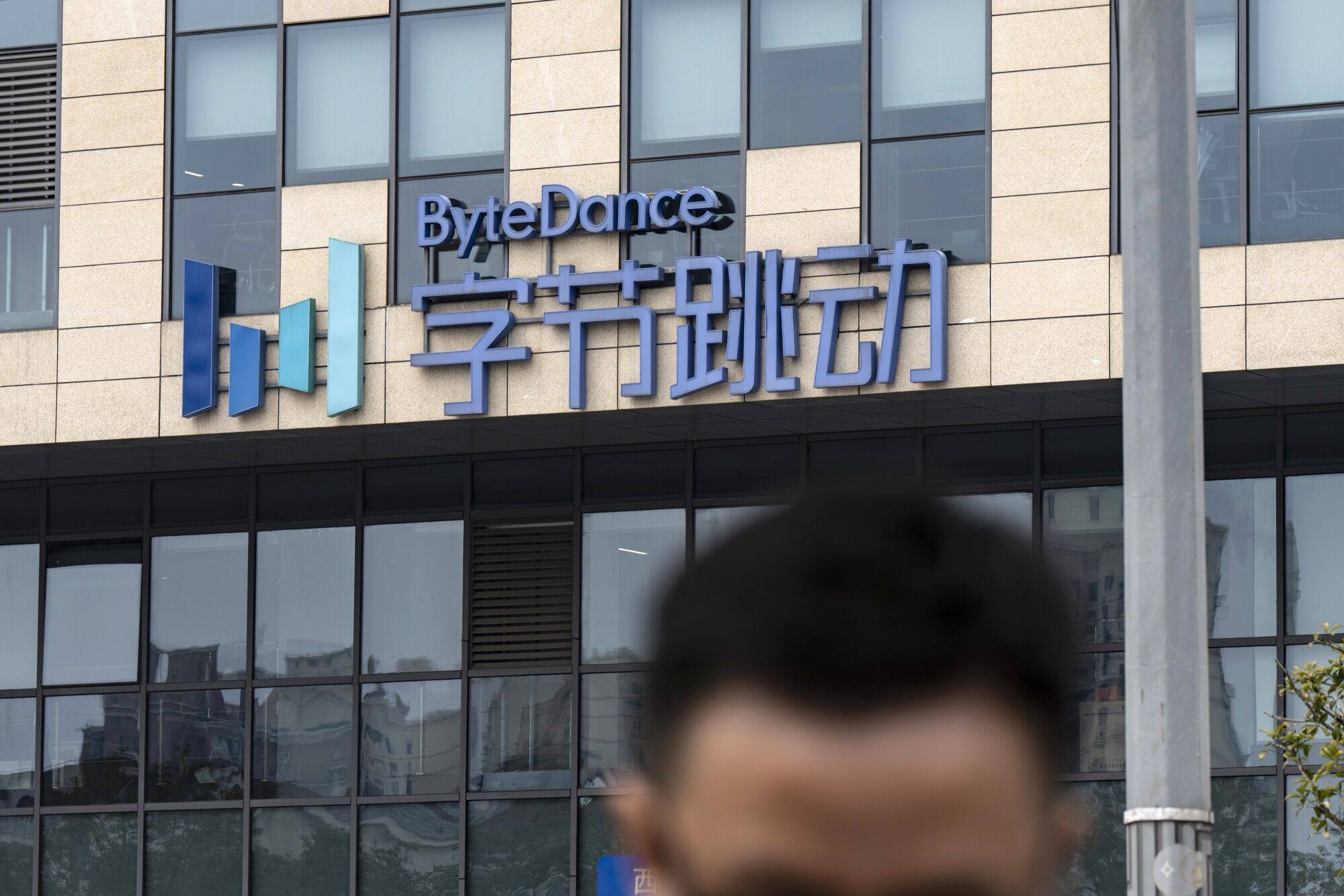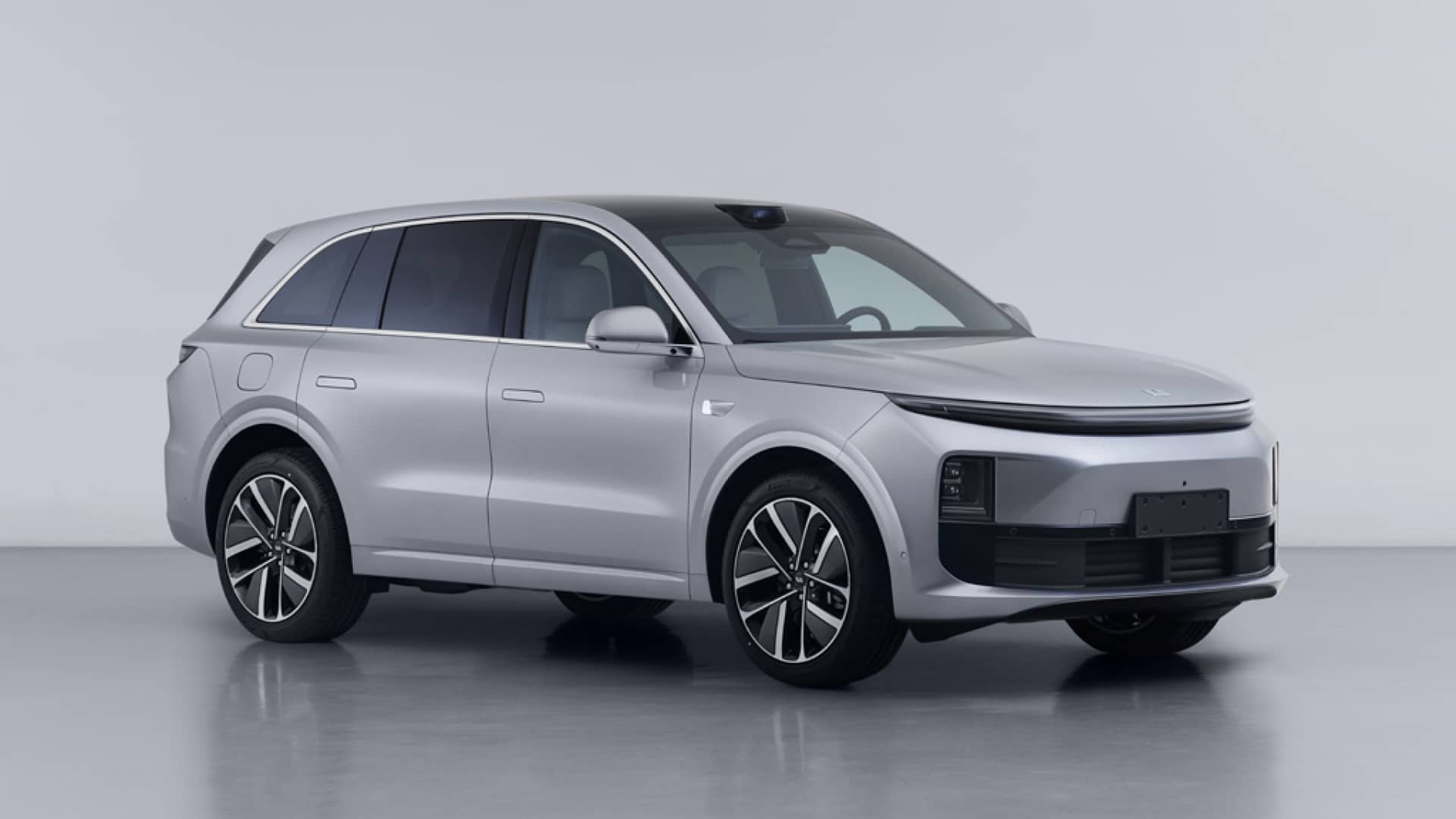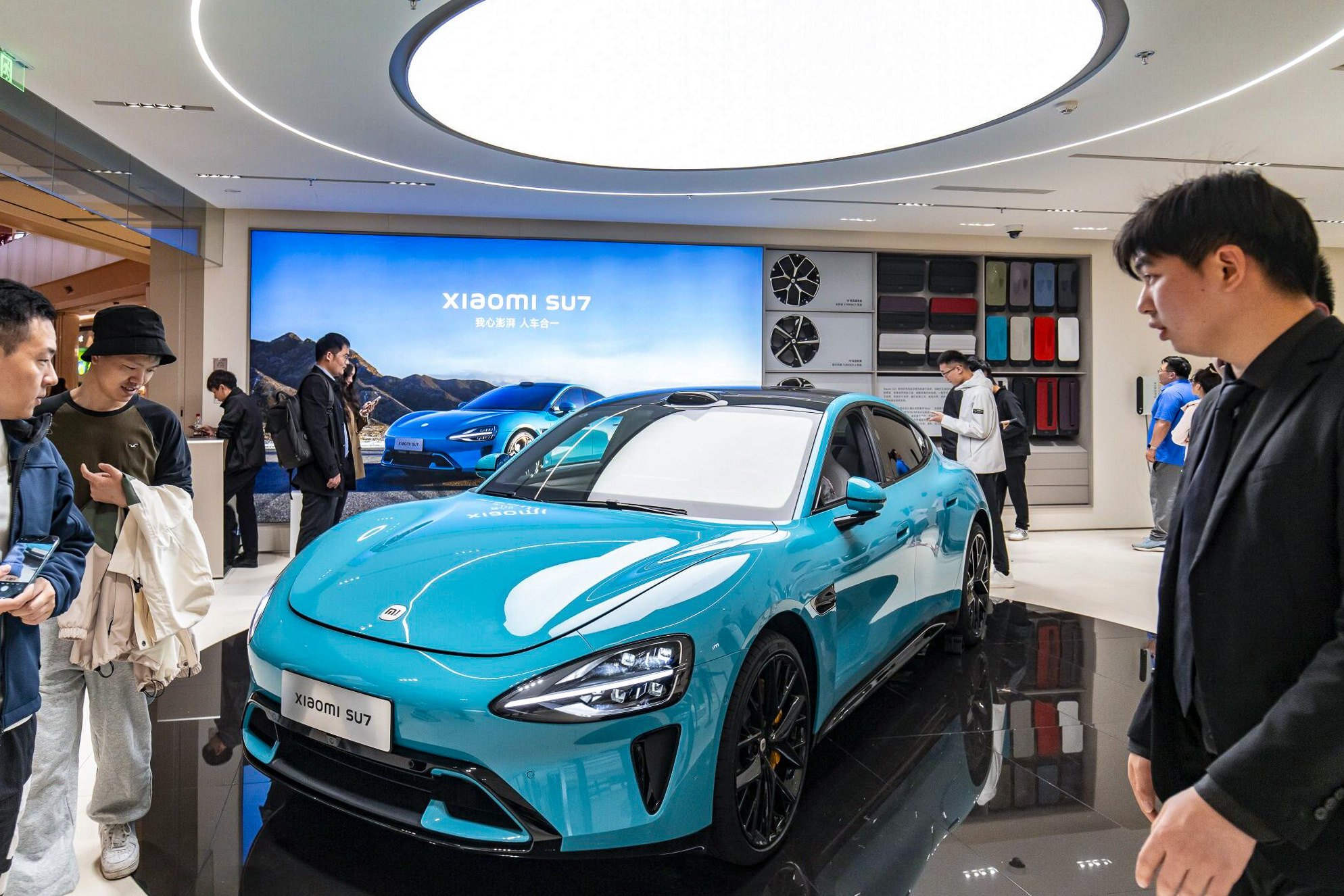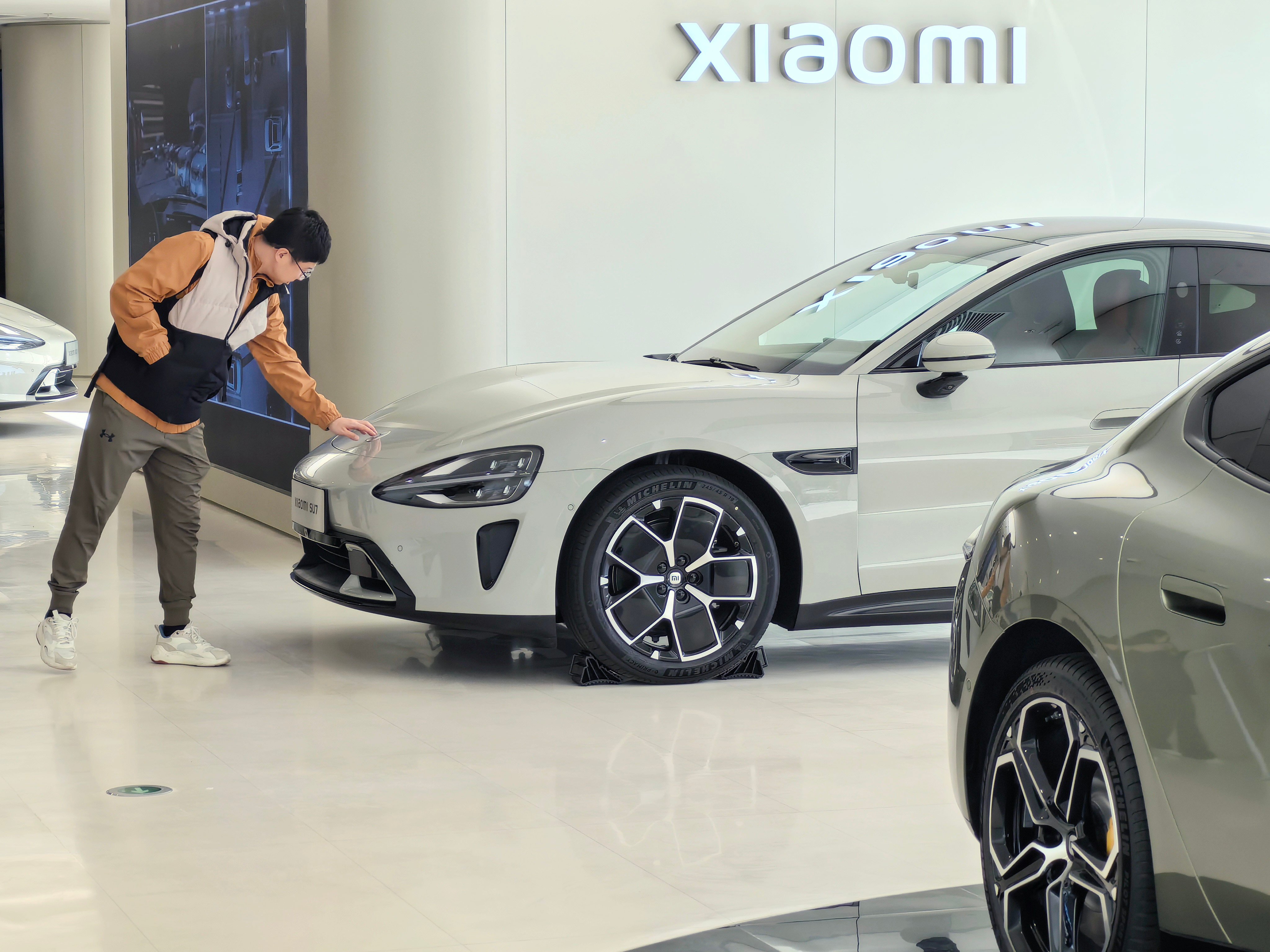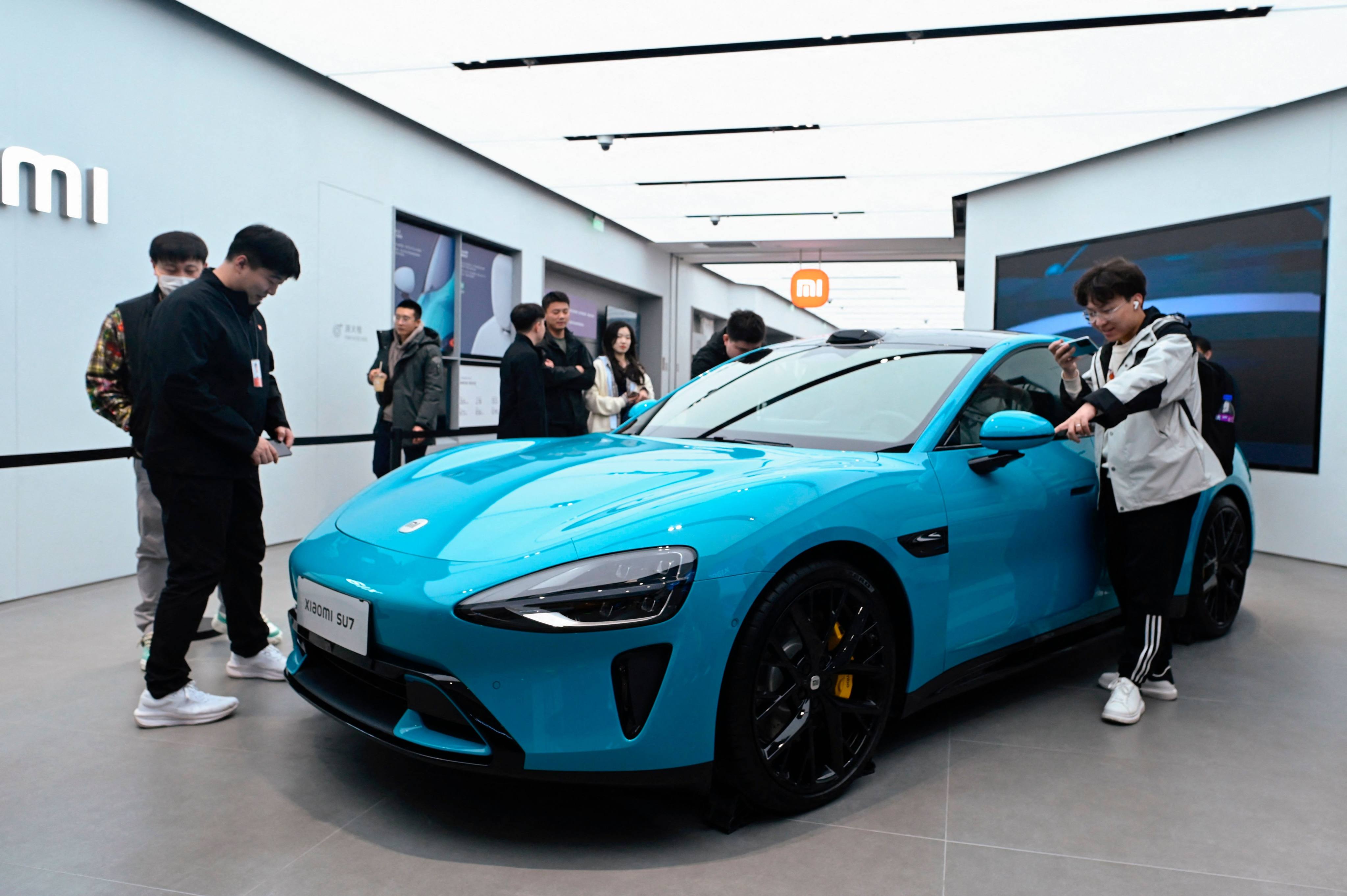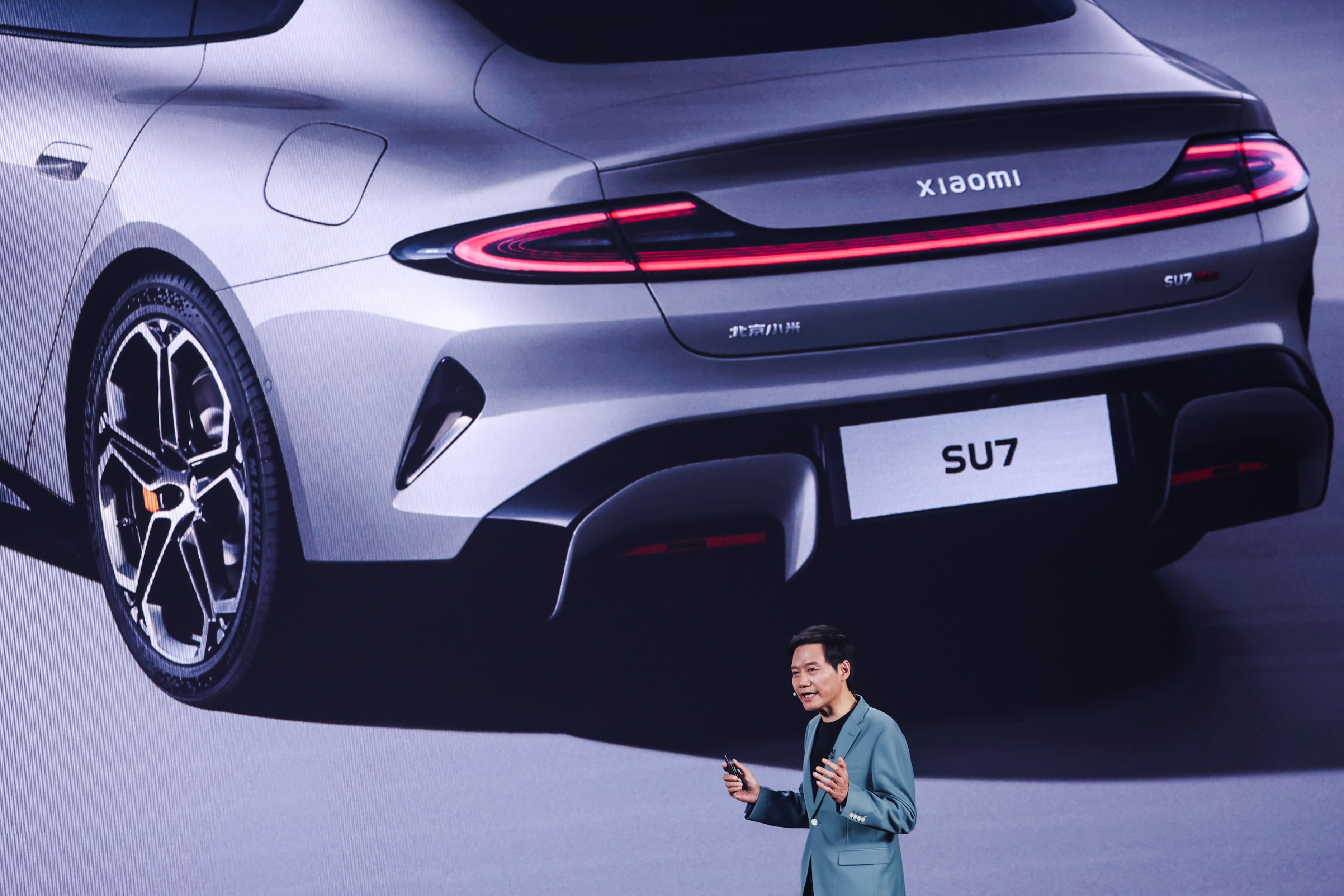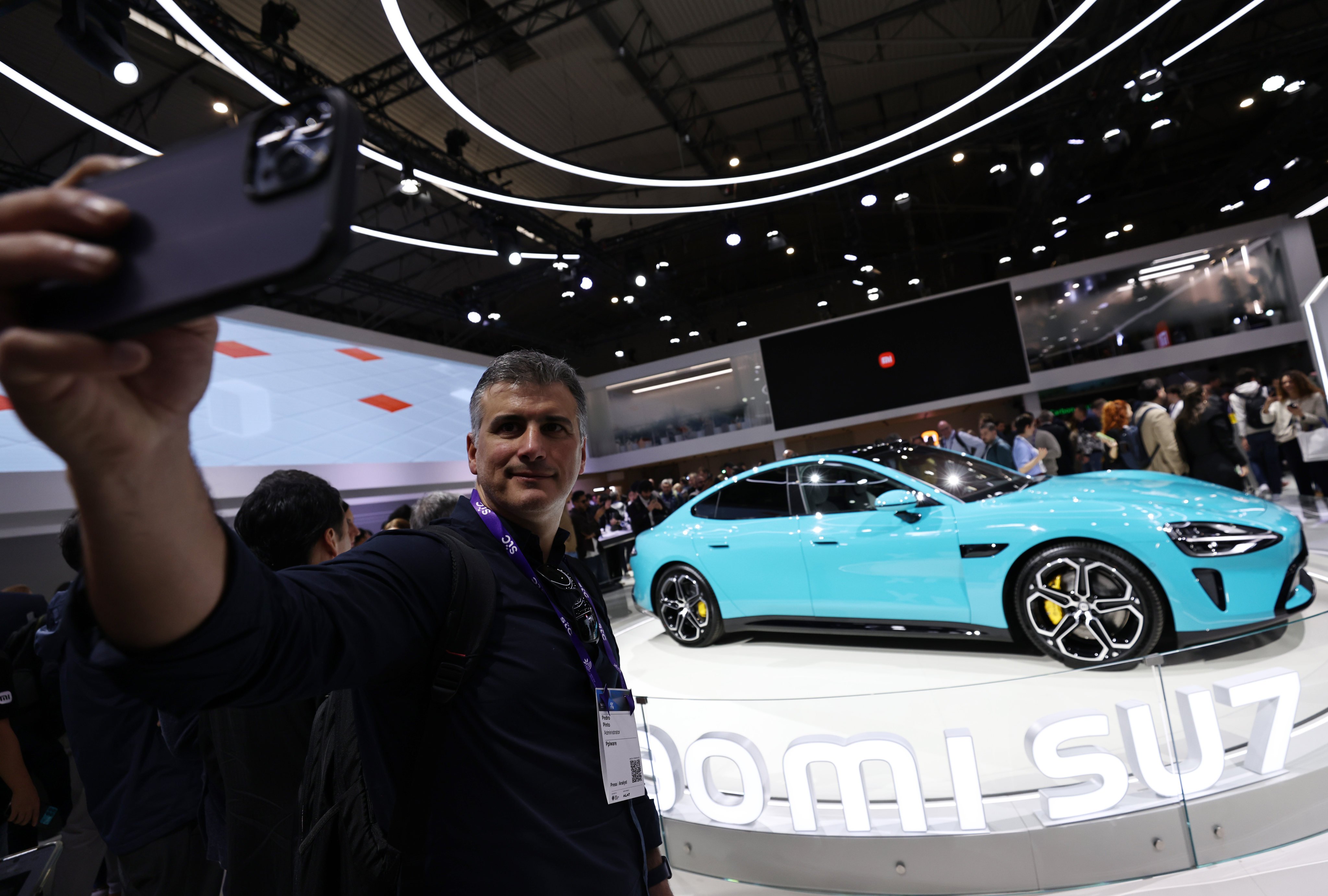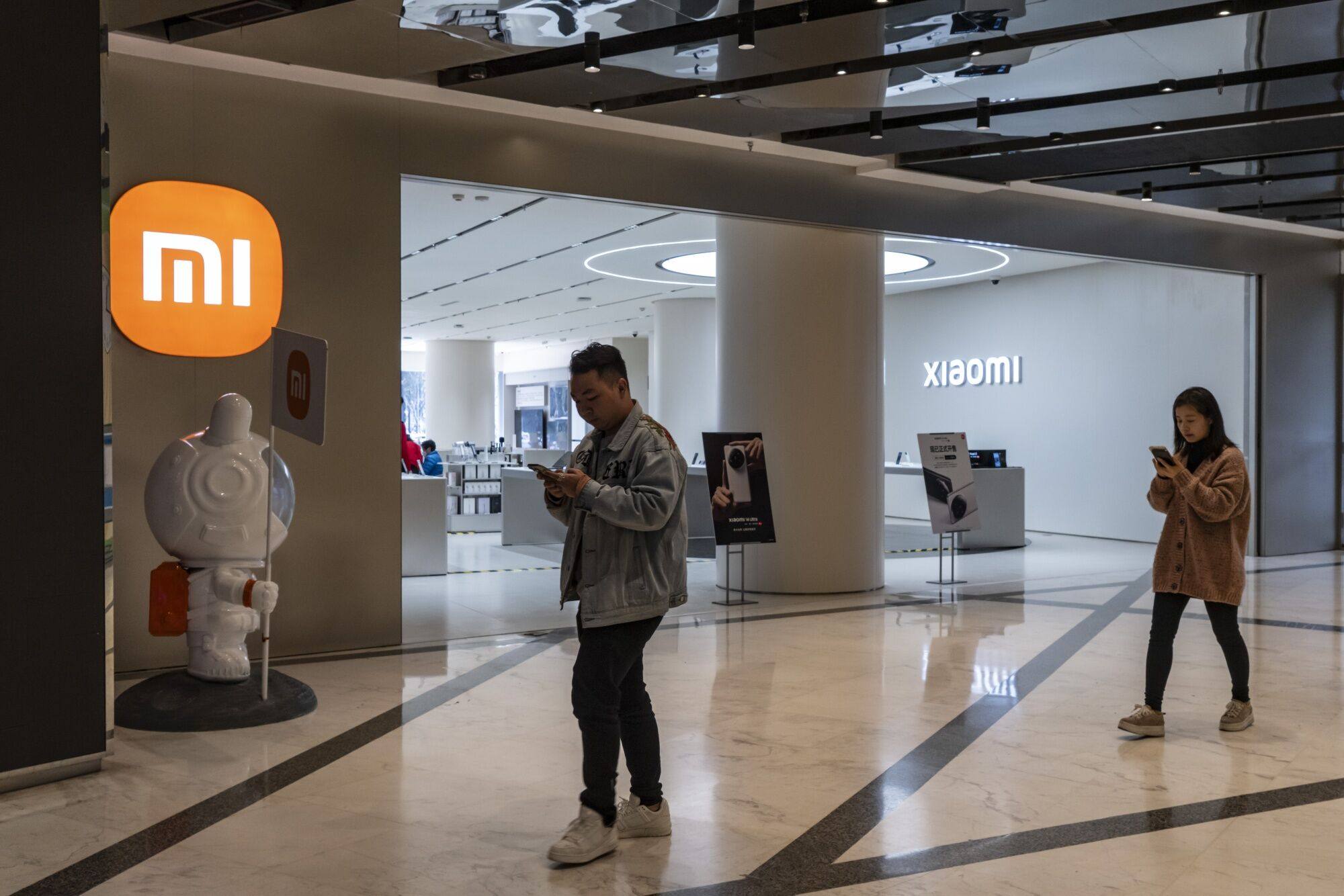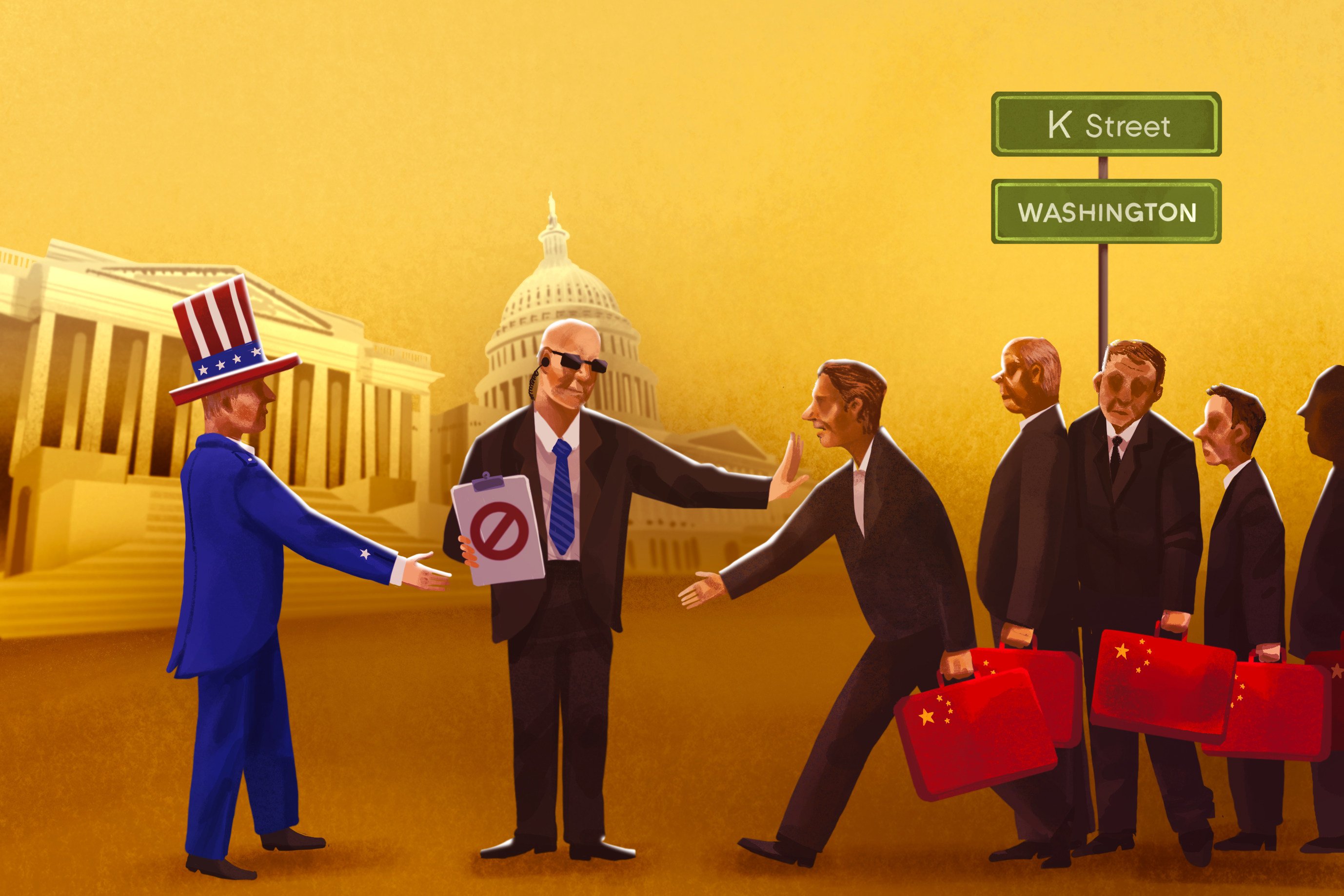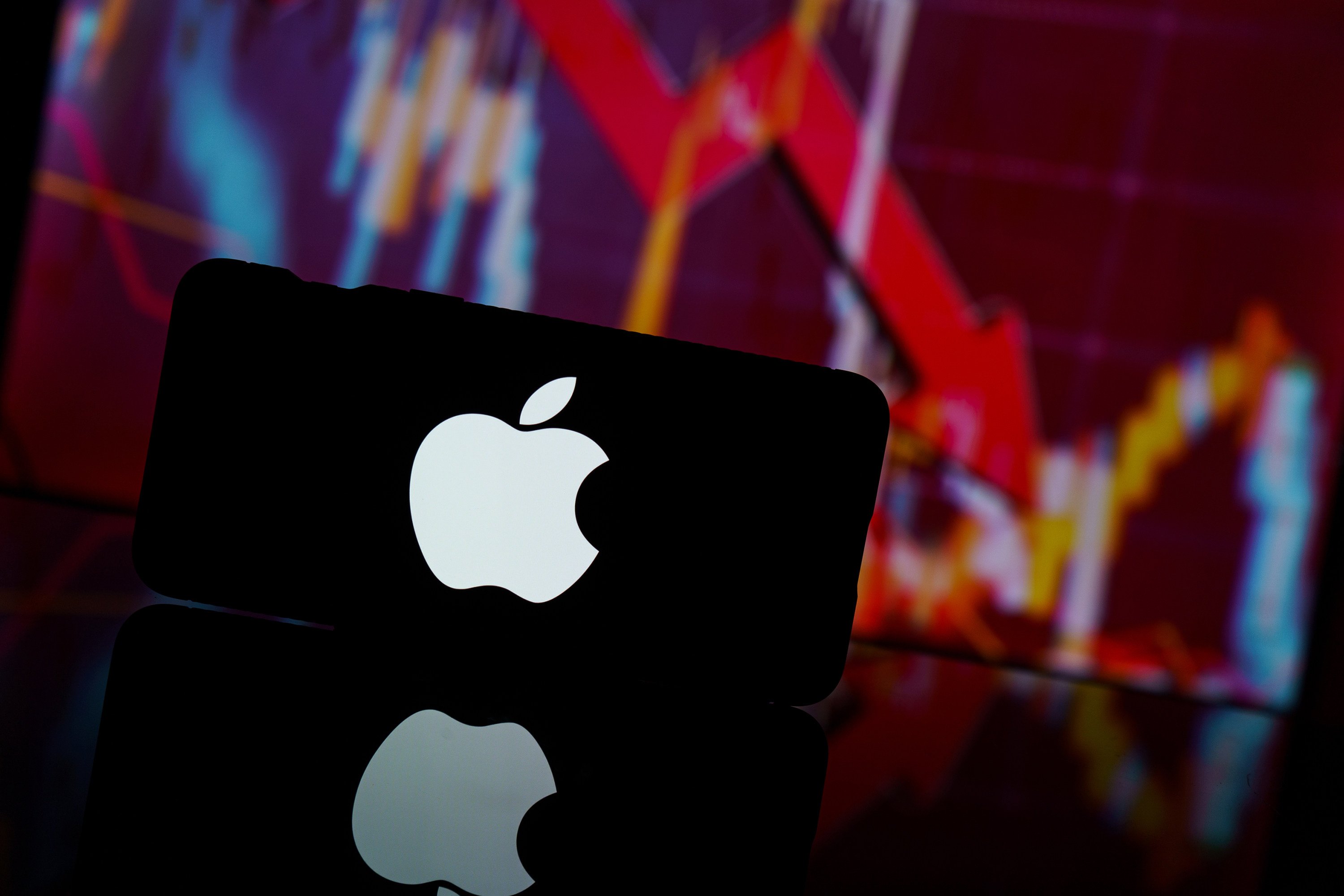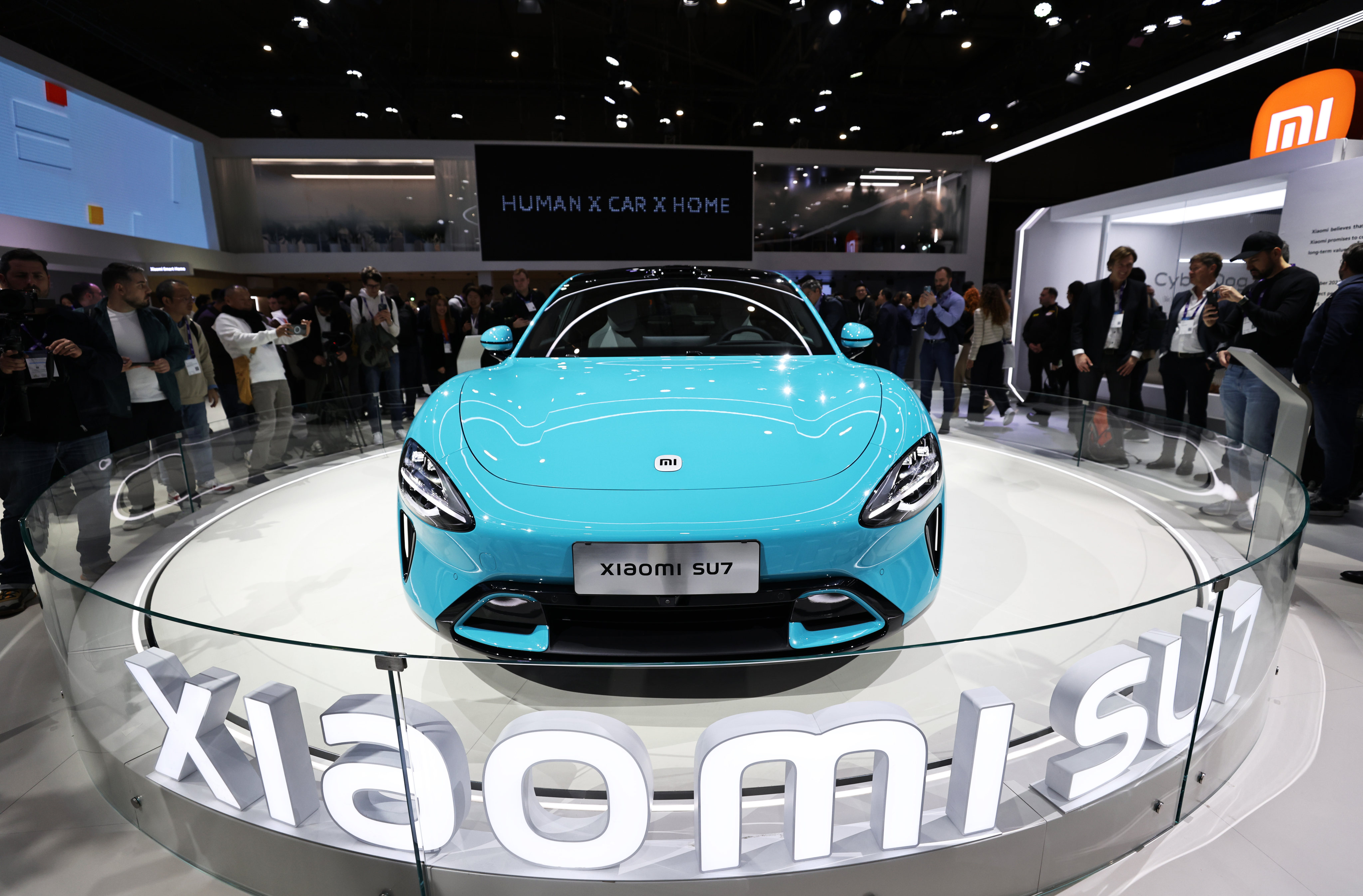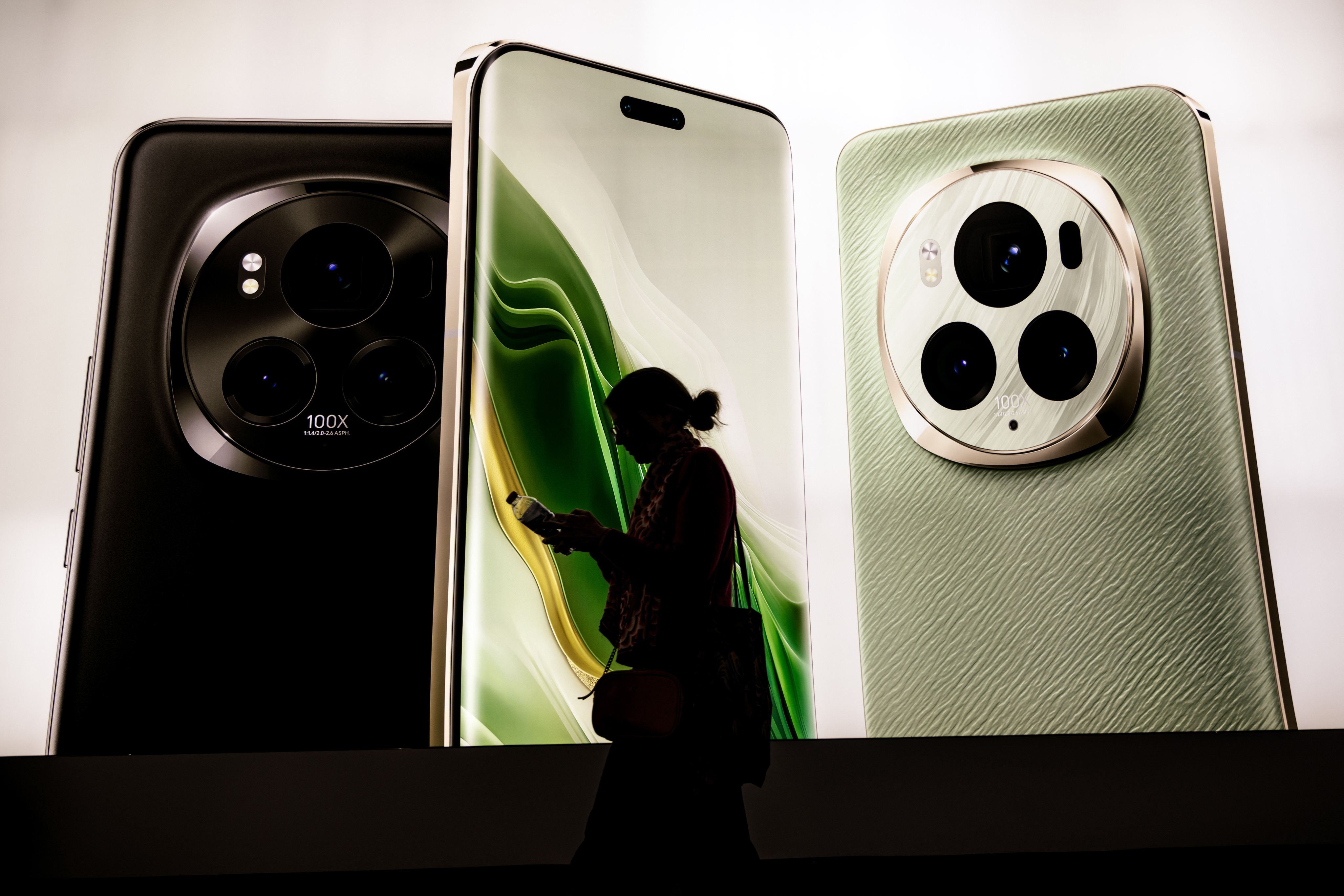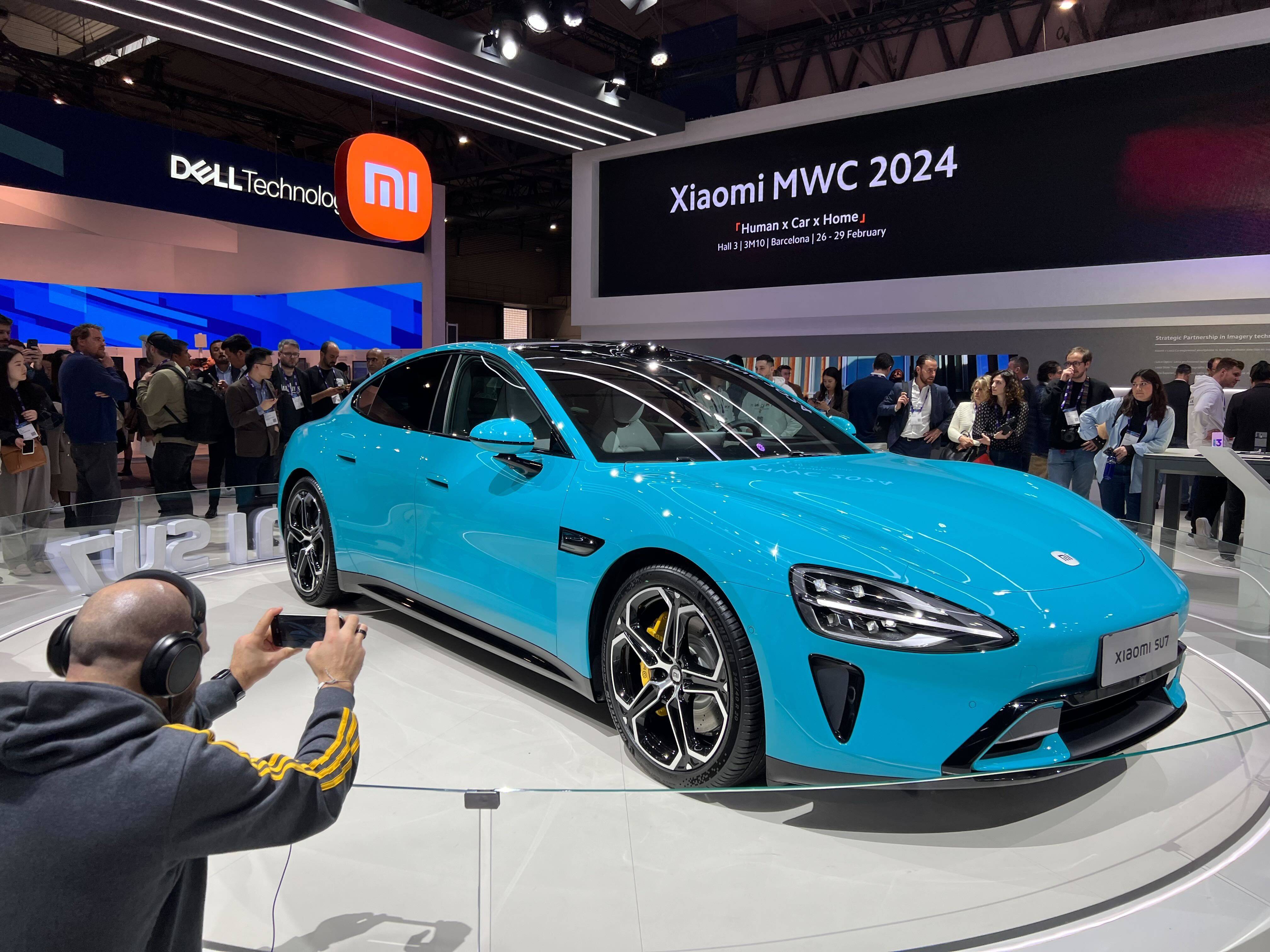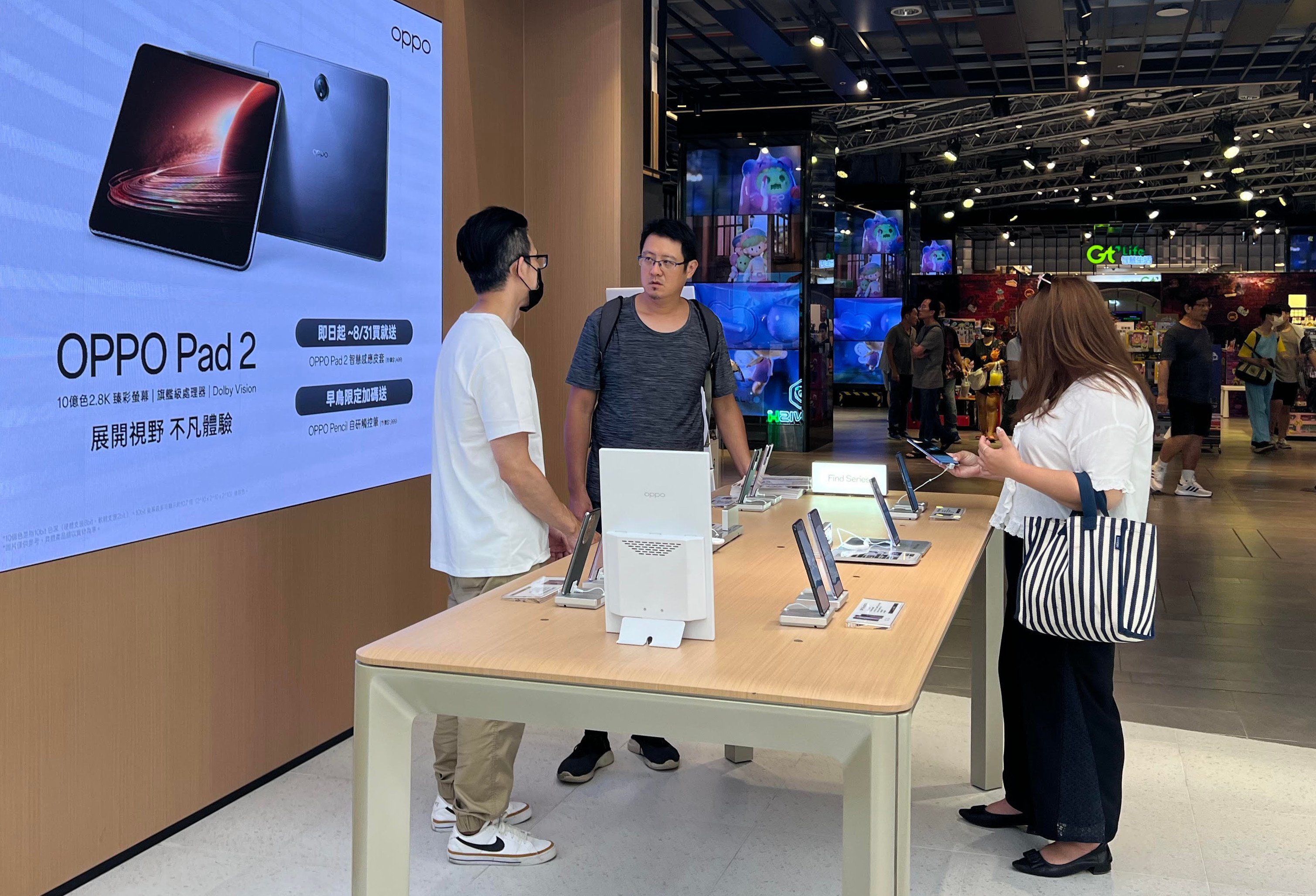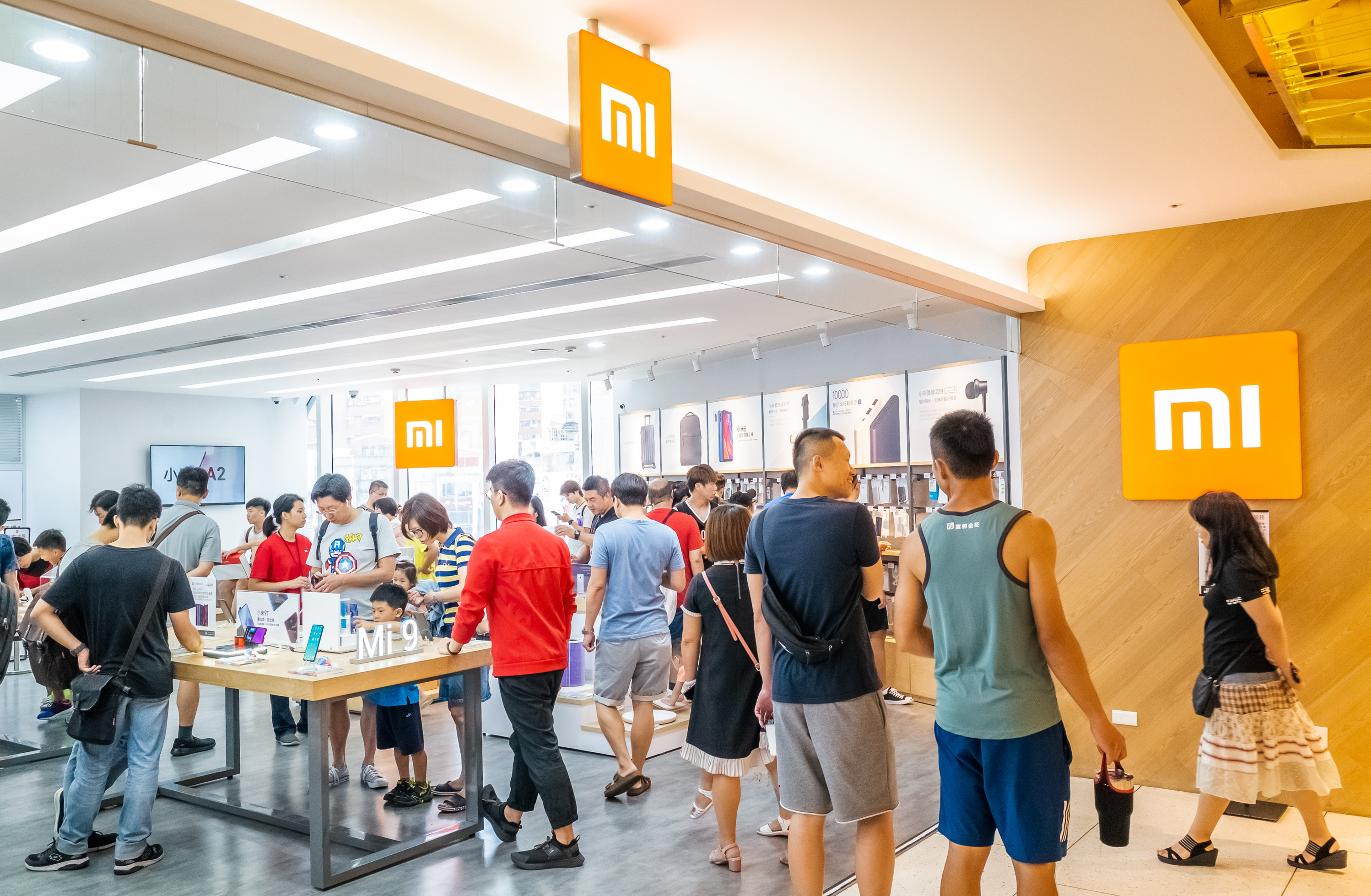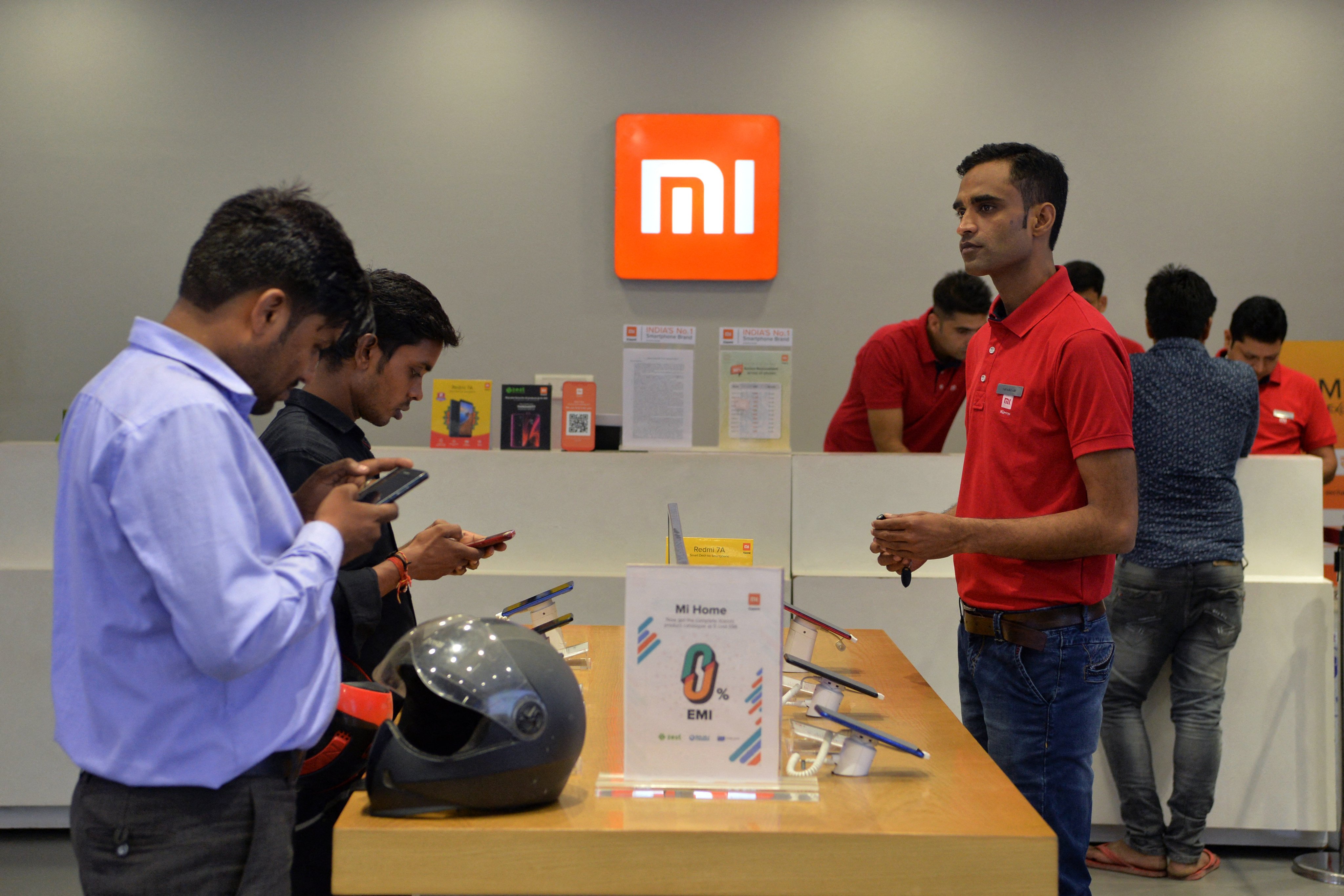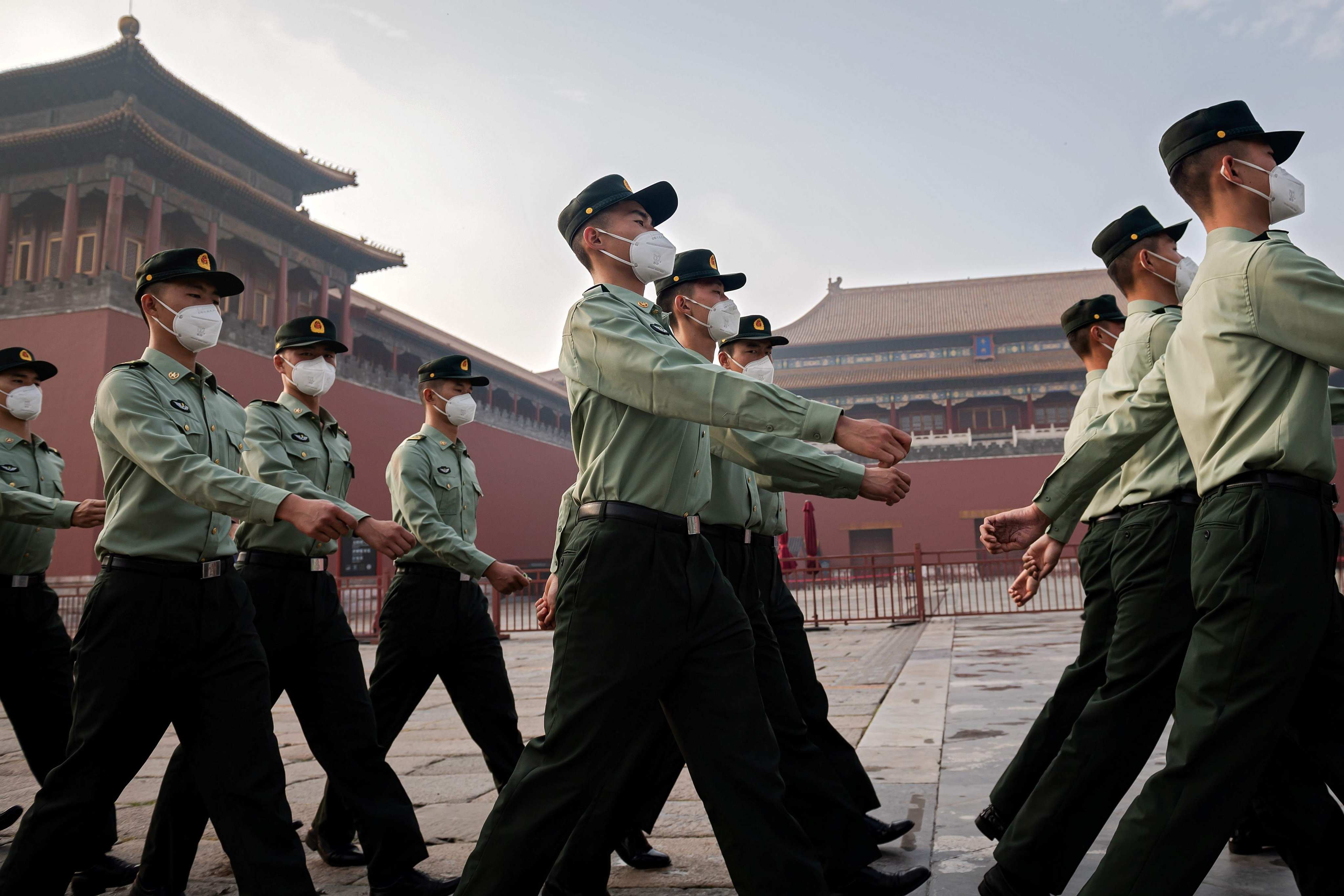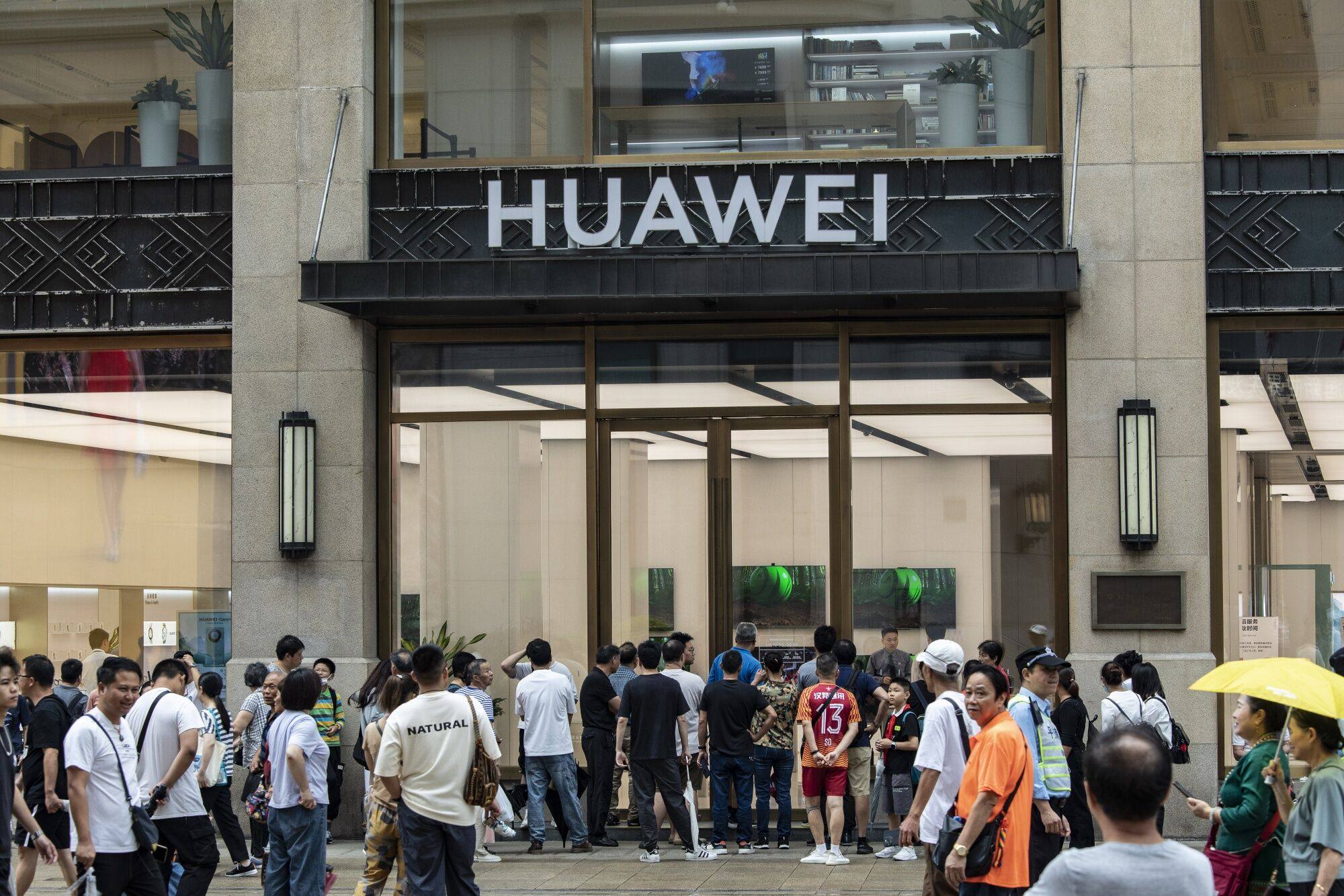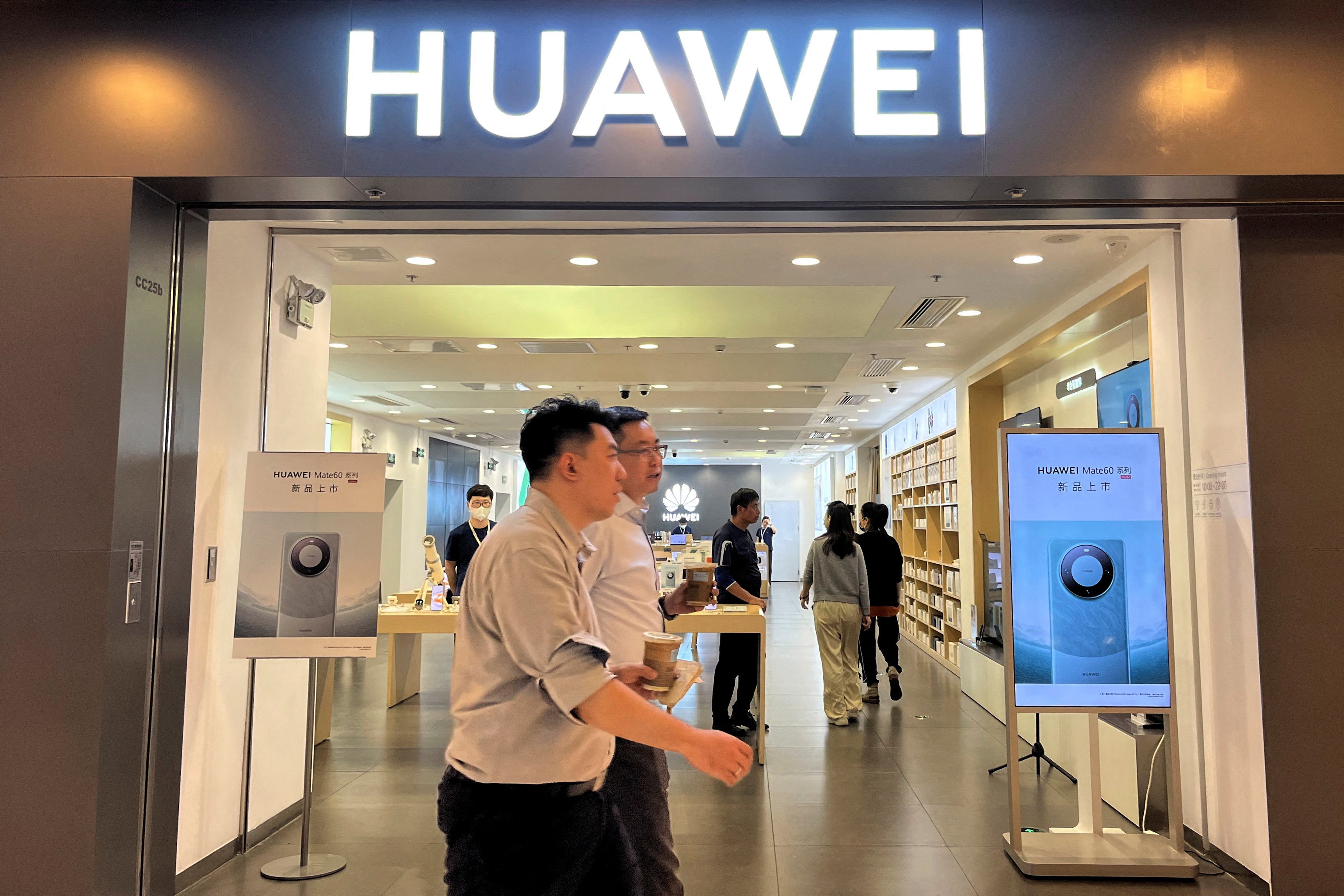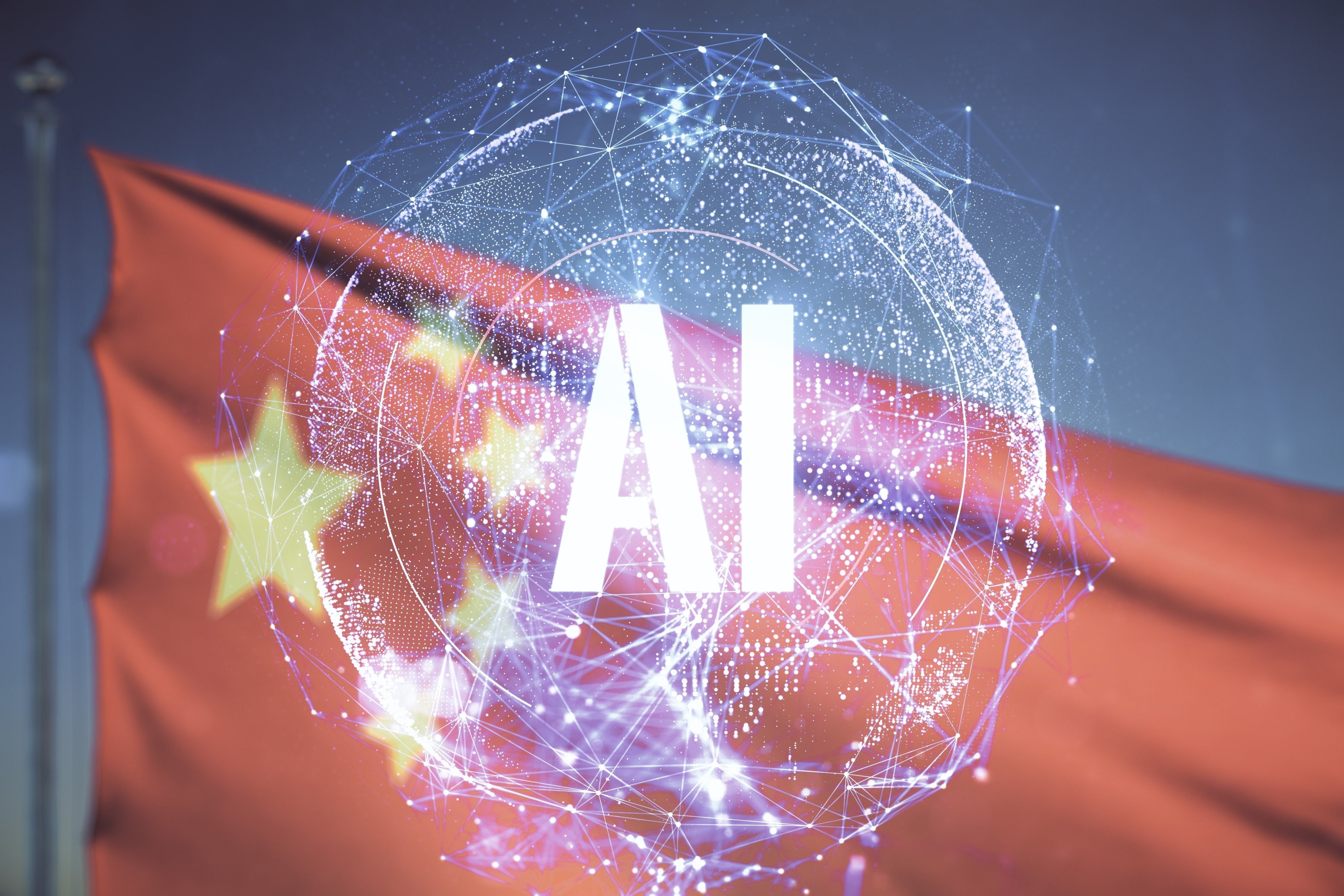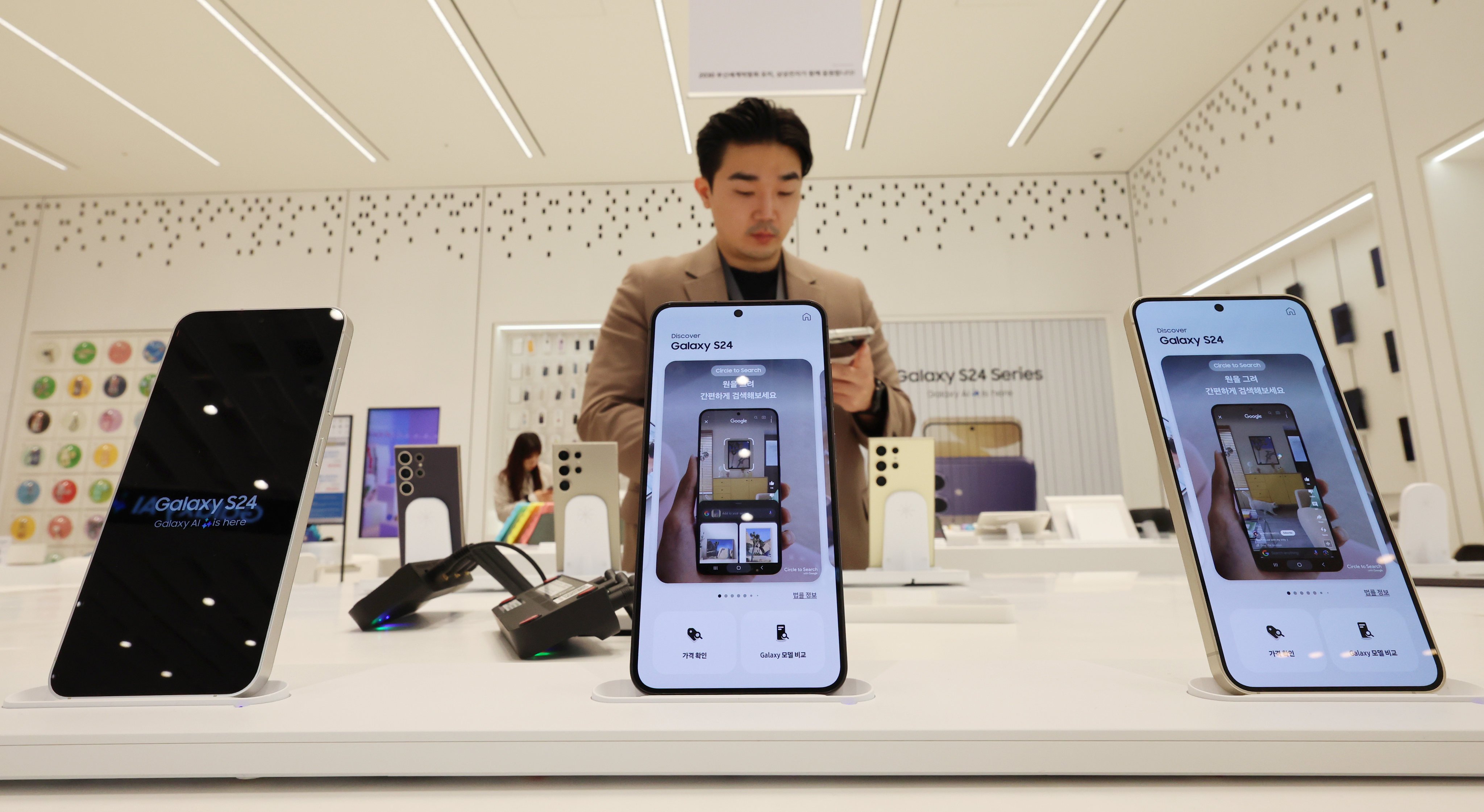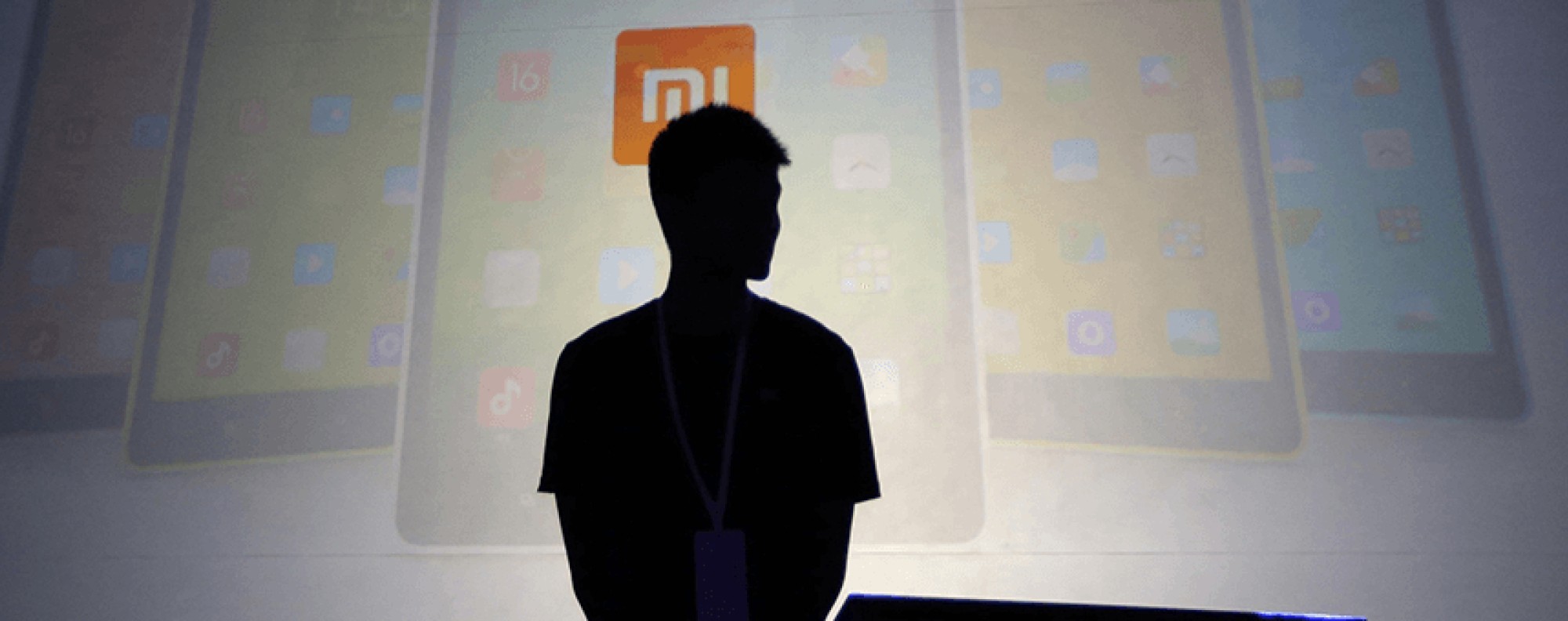
Topic
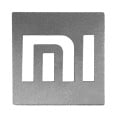
Xiaomi designs and sells smartphones, tablets, fitness trackers, and apps. Since its launch in Beijing in 2010, the company has gone on to become one of the largest smartphone manufacturers in the world, challenging Apple and Samsung for market share, particularly in China and Southeast Asia.
Hikvision, DJI and Xiaomi have had to confront a barrage of negative headlines over the past few weeks that could impact the overseas business of other Chinese tech companies.
Frustrated by Washington’s bans on exports of key components and software, the Chinese telecoms giant has built its own operating system; now, let the competition begin.
- Xiaomi’s founder and CEO Lei Jun said on Tuesday that the SU7 has proved popular and is quickly moving towards its sales target of 100,000 units this year
- Retail sales of new energy vehicles in China totaled 1.76 million units in the first quarter, down 31 per cent from the December quarter but up 34 per cent year on year
Readers discuss the competition among electric vehicle manufacturers in China, and what the country’s leadership should prioritise.
Baichuan, Zhipu AI, Moonshot AI and MiniMax are amassing billions of yuan of funding from domestic tech giants, venture capitalists and state-backed investors.
Xiaomi’s roaring entry into the electric vehicle market is dimming the recovery outlook for China’s beaten down car start-ups, with better-than-expected initial orders for the SU7 helping a rally its shares.
Apple’s smartphone shipments fell about 10 per cent in the first quarter, hurt by intensifying global competition from Android handset makers aiming for the top spot, according to new data from research firm IDC.
Huawei announced new versions of its Luxeed S7 electric sedan and a PC with AI built in, but people are still awaiting its next big smartphone launch since the Mate 60.
Amid rising geopolitical tensions, most of the top 30 investors that invested in Chinese unicorns are based within the country.
Li Auto, Tesla’s nearest rival in mainland China, plans to start selling a new, more economical model aimed at families amid a price war in the country’s electric vehicle market.
Strong sales of smartphone vendor Xiaomi’s first electric car have exacerbated a price war in the sector that is squeezing the profit margins of most players in China.
Xiaomi has locked in an estimated 40,000 orders of the SU7 as of Tuesday.
Li Auto, Nio and Xpeng, China’s top three premium EV manufacturers, have reported a strong rebound in deliveries in March, while BYD said the sales of its pure electric and plug-in hybrids had surged as well.
Xiaomi off to a flying start in EV sector with its new SU7, which is priced to take on Tesla’s Model 3 in the competitive Chinese market.
Chinese smartphone giant Xiaomi has launched its much-awaited first electric vehicle, pricing the standard model at 215,900 yuan (US$29,867) to take on Tesla’s Model 3 in the world’s largest EV market.
The ‘best looking, easiest to drive and smartest car’ will be priced below 500,000 yuan (US$69,424), CEO Lei Jun says. The company will start taking orders on Thursday.
Billionaire Xiaomi founder Lei Jun is preparing a multibillion-dollar effort to break into a Chinese EV market dominated by Tesla and BYD.
Concerns about Beijing’s potential to threaten US national security have spurred several bills seeking more scrutiny about who is representing Chinese interests.
The US tech giant’s latest initiative shows that it remains committed to boosting capital spending in the world’s largest smartphone market, despite sluggish iPhone sales.
The Chinese smartphone maker, which has started taking orders for its maiden EV model, will start deliveries on March 28. The market estimates the car to be priced from 200,000 yuan (US$27,865) to 370,000 yuan.
Honor’s Magic6 Pro and Xiaomi’s 14 Ultra smartphones tout generative artificial intelligence features at mobile communications industry’s biggest trade show.
From Xiaomi to Xpeng, leading Chinese electric vehicle makers have expressed disbelief that Apple is ending its decade-long effort to build a car.
Oppo’s plan to bounce back in Europe comes a month after it signed a global patent cross-licensing agreement with Nokia, covering standard-essential patents in 5G.
The 17.3-inch prototype device also has a transparent base that doubles as a virtual keyboard and a drawing tablet.
The Xiaomi 14 Ultra hits the shelves amid cutthroat competition in the high-end smartphone segment, with Apple and Huawei the main rivals.
Xiaomi has told New Delhi that smartphone component suppliers are wary about setting up operations in India amid heavy scrutiny of Chinese companies by the government.
IDG is one of the oldest venture firms in the market and has been in China since 1993, having invested in more than 1,600 companies, with 500 of them going public or getting acquired.
The boost in shipments lifted Huawei to third place in the last three months of the year, behind Apple and Samsung Electronics.
Huawei’s return to form in the world’s largest smartphone market was jump-started by the surprise release last August of its Mate 60 Pro 5G handset.
The new batch includes a number of industry-specific LLMs, compared with the general AI models from previous approvals, reflecting how the technology is being used to boost efficiency in enterprises.
The collaboration between Samsung and Baidu comes as the race to integrate generative artificial intelligence features into handsets has intensified in the world’s largest smartphone market.










